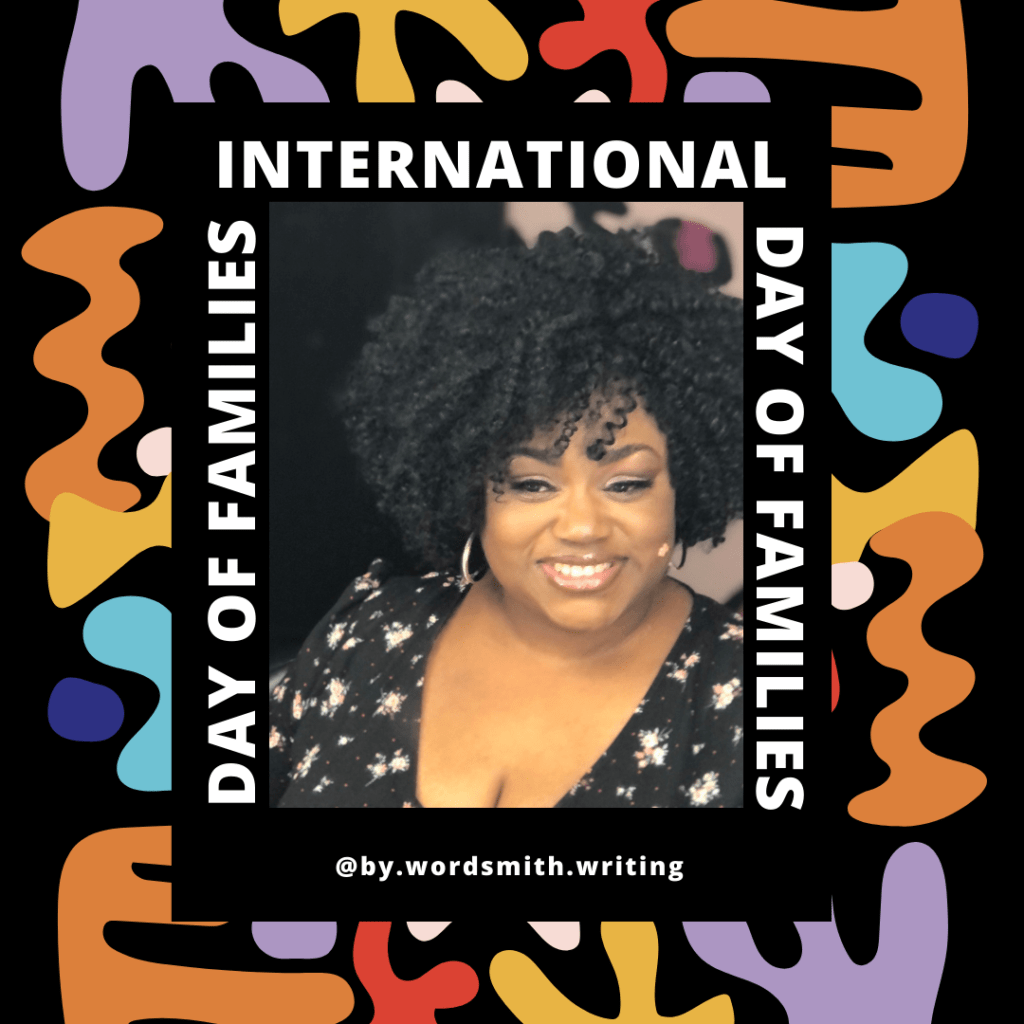Three years ago, my husband and I opened our home to foster special needs children, thus changing the landscape of our family’s dynamic.
My family’s foster journey has been filled with challenges, joys, and moments of heartache and resilience as we’ve opened our hearts and home to help children needing love and protection.
There are thousands of children needing foster homes, but there’s a population of special needs children that need more intense and hands-on care. This may include physical therapy, speech therapy, vision therapy, occupational therapy, and psychological therapy. You represent their educational needs and attend IEPs (Individualized Education Programs) meetings. There are countless appointments to specialists, doctors, therapist, and more. Stepping into the world of foster care also means stepping into the world of special needs.
As we’ve fostered two wheelchair-bound children with developmental, physical, medical, and mental health challenges, I’ve learned a lot about laboring in love, exhibiting patience and understanding, and letting go when it’s time.
Fostering special needs children requires a unique blend of patience, compassion, and understanding. Foster children in general often come from backgrounds of trauma, neglect, abandonment, and abuse. Special needs foster children require extra care and support to grow and thrive despite their setbacks.
As a foster parent to special needs children, you become not only a caregiver but also an advocate, a cheerleader, and a source of unwavering love and acceptance.
First Foster Care Kid
In February 2021, our first foster child arrived. He was a 9-year-old boy with severe Spina Bifida and suffered from multiple developmental and medical issues. He was in the state’s custody due to traumatic burns to his body that may or may not have been self-inflicted.
We picked him up from the hospital, got him Chick-fil-A, and brought him home to his nicely decorated, clean room where he had his own bed, toys, and space. He was showered with gifts and attention from us and our foster care friends. But soon the honeymoon phase ended and he began struggling mentally on many levels.
The boy was brilliant. He was super smart at math and could read beautifully. Despite his physical disability, there was nothing he couldn’t do for himself. He’d found ways to adapt his body to do anything. Not being able to walk did not limit his activity. He was strong and could do handstands and tricks, pushups, and get around quickly on his hands.
He fit well in our family and we made it fun being in our care. We went places and had a lot of fun. I bought him clothes, kept his haircut, and spoiled him like he was my son. He enjoyed himself most of the time and got along well with our 3-year-old biological daughter.
He saw multiple specialists an hour away and went to several therapies. I ultimately had to quit my job to care for him full-time. There’s only so much PTO. We advocated for him to get a brand-new wheelchair and all the services he needed. We made sure he was healthy and keeping in contact with his biological family.
On the other side of this happy foster journey, there were the realities of how hard foster care is on both the child and the foster family.
For a foster family it’s often complex and multi-faceted emotions involved. You have the child who wants nothing more than to be back in the environment they know with the people they love, but is put in a new environment with new people and circumstances. You have the foster family laboring tirelessly to care for and give the child everything they need and it’s often met with resistance, ungratefulness, and adverse behaviors.
While children are super resilient the process of being in foster care with all its moving parts and changes can wear on foster children emotionally. Those with special needs can still be cognitively aware of everything that’s happening, understand it, and react to their changing environment and circumstances.
Our first foster son had a lot of emotional trauma. He struggled daily and his adverse behaviors involved screaming crying spells, urinating and defecating on himself, forced vomiting, and habitual lying.
He ultimately left our home after a year and a half to receive a higher level of therapeutic care. At the time he left, he was threatening self-harm and threatening harm to the family in various ways. When he left, our family needed time to heal from the ups and downs that came with his total care.
4 Things I Learned
I learned my biggest lessons in my first two years of foster. There’s a time to let go and be at peace knowing you were an important part of their growth and journey. You have to practice self-care, seek therapy for foster loss, and heal before moving forward in the foster care journey.
Here are 3 things I’ve learned as a special needs foster mom
- Be OK with Being Different
I remember the first time someone stared at my foster child due to his disabilities. I didn’t know how to respond, but we soon got used to the stares and the inquisitive, “What’s wrong with him?” questions from children.
We soon became educators and explained what Spina Bifida was and got used to the stares and pointing.
2. Let Go When it’s Time
When I tell people we foster, the most common responses I get are:
“I don’t know how you do it. It takes a special person.” and
“I don’t know if I could handle when they have to leave.”
As a foster parent, you go in not knowing how long a child will be in your home. I learned to know that a placement in my home is a chapter in their life story and a chapter in our foster journey whether it be a short time or an extended time.
Giving our foster children the best care, advocating for them, and providing safety and love is our main goal.
3. Be Adaptability
You don’t get to write your family’s foster care story. We do get to choose the placements in our home, but once they are there life will happen the good, the bad, and the ugly.
Often there are circumstances out of our hands. Some things happen that are not in our control whether it’s parents or kinship regaining custody, an investigation into your home being opened, or a child being moved to receive a higher level of care. A child can be removed from your home at any moment due and sometimes abruptly due to various circumstances.
We had to learn to adapt our lives to the ever-changing moves of the foster care system. We’ve had months without a placement and we’ve had a placement for over a year who left abruptly. You learn to keep pushing on.
4. Practice Self-Care as a Family
Self-care and fostering often feel like an oxymoron, because when? and how?
Fostering special needs children is often hands-on and very involved multiple hours of your busy day and it can be hard to carve out time for self-care.
My husband and I have a standing date day. I go to nail appointments monthly and he has a standing haircut day. We’ve learned to take care of ourselves, go to doctor’s visits, and adapt our lifestyle to still relax at times even with our foster child with us.
We make sure our daughter is emotionally well and taken care of. Her self-care is weekend trips to relatives’ houses and a break when she feels overwhelmed.
Foster care is not a task for the weak at heart as you have to have resilience, adaptability, time, energy, and acceptance of your foster child and all their growing needs. There are good days and sometimes a lot of bad days in special needs foster care as each child has a unique set of needs and you become their full-time caregiver.
We currently foster a teenage boy with autism, Spina Bifida and a complex set of medical and emotional needs. It is both challenging and rewarding as we see him progress, learn and grow. We know he will be family even when he’s grown and we will forever be a part of his life story. .
We continue to do special needs foster because there is a huge need for it and there’s a lot of joy in seeing the changes and growth of a child and seeing how much they can flourish with support, structure, and love. It’s a blessing to have bonus family members and know that you will always be a part of their life story.
Tavia is a content creator, blogger and strategist for Octane Design Studios. She’s also a published author, with 15 yrs of professional writing experience. Hire her at 📧info@wordsmithwritingts.com or follow: https://www.instagram.com/by.wordsmith.writing





